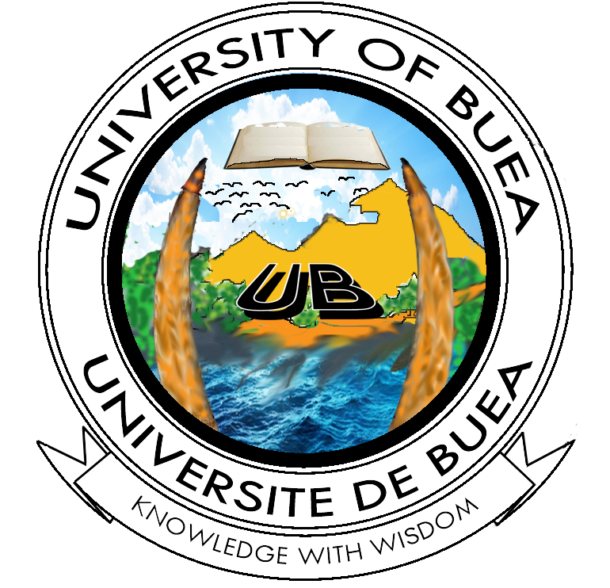Duration: 3 years
Fee Paying: No
NB: This is a joint Programme of the Faculty of Science and Health Sciences
Admission Requirements
In addition to the minimum university requirements for undergraduate admission, candidates admitted into the programme must have a minimum score of a C grade in Mathematics, Computer Science, Further Mathematics, or Physics at the GCE Advanced Level Examination.
Objectives
The B.Sc. Programme in Computer Science is designed with the following objectives:
- To provide an opportunity for students to focus their educational efforts on computer science as a discipline
- To give students a solid foundation in the theory and practice of Computer Science
- To prepare students for postgraduate studies in computer science and related disciplines
- To prepare students to provide solutions for societal challenges that need computer-based solutions
- To prepare students for employment and positions of responsibility in an increasingly computer-oriented world
Graduation Requirements
To graduate from the programme, the student must earn at least 180 Credits (including all compulsory credits and general university requirements).
Skills Acquired
Students acquire skills in algorithmic thinking that enable them to conceive imaginative software based approaches to problem-solving
Employment Opportunities
Students who graduate from the programme will have the skills to take up positions in industry that require conception, design and implementation of software-based solutions Graduates from the programme will also be able to conceive solutions to societal challenges that require computer-based solutions.
Courses
Compulsory Courses
- BCH202: Biophysical Chemistry and Bioenergetics
- BCH301: Structural Biochemistry I
- BCH302: Metabolic Biochemistry I
- BCH303: Structural Biochemistry II
- BCH310: Genetics
- BCH401: Enzymology
- BCH404: Molecular Biology
- BCH405: Metabolic Biochemistry II
- BCH412: Introduction to Biotechnology and Bioinformatics
- BIO201: Cell biology
- BIO401: Biometry and Research methods
- CHM201: General Chemistry
- CHM244: General Organic Chemistry
- CHM343: Chemistry of Organic Compounds
- MAT211: Mathematical Methods
- MCB301: General Microbiology
- MCB402: Immunology
- PHY220: GeneralPHYsics
Elective Courses
- BCH311: Tissue and Organ Biochemistry
- BCH312: Nutritional Biochemistry
- BCH409: Supra-Molecular Assembles
- BCH410: Biochemical Methods II
- BCH414: Biochemical Pharmacology
- BCH416: Clinical Chemistry
- BCH498: Research Project in Biochemistry
- BIO301: General Ecology and Conservation
- BOT201: Lower Plants
- BOT202: Higher Plants
- BOT308: Principles of Taxonomy andPHYtography
- BOT401: Plant Anatomy and Histology
- BOT412: Principles and Methods in PlantPHYsiology
- CHM312: Analytical Methods in Chemistry
- CHM325: Inorganic Chemistry
- CHM402: Chemistry and the Environment
- CHM438: Chemical Thermodynamics
- CHM441: Organic Synthesis and Reaction Mechanisms
- MLT201: Human Biology - Anatomy and physiology
- MLT202: Human Pathology
- MLT301: Haematology
- MLT302: Endocrinology
- MLT401: Clinical Biochemistry and Analytical Chemistry
- MLT402: Basic Pharmacology and Pharmacological Biochemistry
- ZOO201: Invertebrate Zoology
- ZOO202: Vertebrate Zoology
- ZOO302: AnimalPHYsiology
- ZOO402: Animal Behaviour and Evolution
- ZOO405: General Parasitology
Language Requirements
- ENG101: Use of English I
- ENG102: Use of English II
- FRE101: Functional French I
- FRE102: Functional French II


